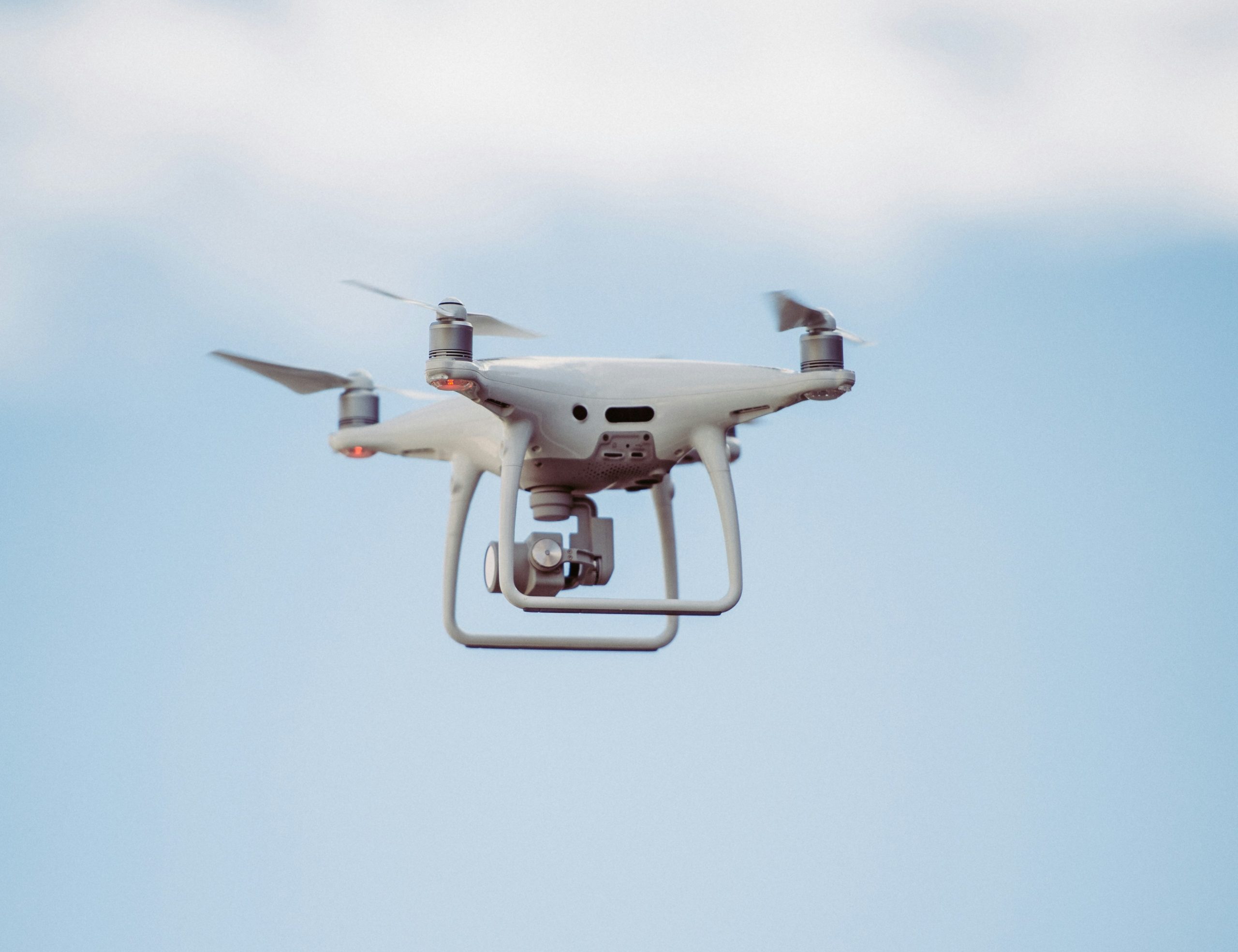
The Future of Sports Technology and Innovation
The Future of Sports Technology and Innovation
Introduction
Sports technology and innovation are rapidly transforming the landscape of athletic performance, spectator engagement, and the overall sports industry. From advanced analytics to wearable technology and immersive fan experiences, the future holds promising developments that will continue to revolutionize how sports are played, watched, and experienced globally.
Wearable Technology and Biomechanics
Wearable devices have already made significant impacts on sports, providing athletes and coaches with real-time data on performance metrics such as heart rate, speed, and even biomechanical movements. The future of wearable technology is moving towards even more sophisticated sensors and analytics capabilities. For instance, companies like Catapult Sports and Zebra Technologies are pioneering wearable sensors that not only track basic metrics but also provide insights into player movement patterns and injury prevention.
Case Study: The NBA’s adoption of wearable technology has enabled teams to monitor player workload and fatigue levels, helping to optimize training schedules and reduce the risk of injuries.
Virtual and Augmented Reality
Virtual reality (VR) and augmented reality (AR) are reshaping fan experiences and training methods in sports. VR allows fans to immerse themselves in live games or historical moments, enhancing engagement and offering new revenue streams for sports organizations through virtual ticket sales. On the training side, AR is being used to simulate game scenarios and provide real-time feedback to athletes, improving decision-making under pressure.
Example: Manchester City FC uses VR to train players by simulating match situations, which helps in strategizing and improving player performance.
Advanced Analytics and Big Data
The era of big data has transformed sports analytics, enabling teams to make data-driven decisions on player recruitment, tactics, and in-game strategies. Machine learning algorithms are increasingly used to analyze vast amounts of data quickly, offering insights that were previously impossible to obtain. Companies like Second Spectrum analyze player movements using AI to provide coaches with detailed performance metrics and opponent analysis.
Quote: “Big data is not about the data; it’s about the analytics.” Chris Murphy, CEO of ThoughtSpot
Smart Stadiums and Fan Engagement
Stadiums are becoming smarter, leveraging IoT (Internet of Things) technology to enhance the fan experience. This includes everything from mobile ticketing and personalized concessions to connected stadium seating that provides real-time game stats and replays. Teams are also using mobile apps and social media platforms to engage with fans before, during, and after games, creating a more interactive and immersive experience.
Case Study: The Mercedes-Benz Stadium in Atlanta features a state-of-the-art app that allows fans to order food, watch instant replays, and locate amenities, all from their seats.
The Rise of eSports
eSports, competitive video gaming, has grown exponentially and is now considered a major sector within the sports industry. eSports events attract millions of viewers worldwide, and players compete for substantial prize pools. This digital sport has spurred innovations in streaming technology, virtual arenas, and interactive viewing experiences, blurring the lines between traditional sports and digital entertainment.
Example: The League of Legends World Championship consistently attracts over 100 million viewers, showcasing the global appeal and scale of eSports.
Challenges and Ethical Considerations
While sports technology offers numerous benefits, it also raises ethical concerns such as data privacy, fairness in competition, and the potential for over-reliance on technology. Balancing innovation with maintaining the integrity and spirit of sports remains a critical challenge for stakeholders in the industry.
Conclusion
The future of sports technology and innovation is poised for remarkable growth and transformation. As advancements in wearable technology, VR/AR, big data analytics, and smart stadiums continue to unfold, they will redefine how athletes train, compete, and interact with fans globally. Embracing these innovations while addressing ethical considerations will be key to shaping a more dynamic and inclusive future for sports enthusiasts worldwide.
